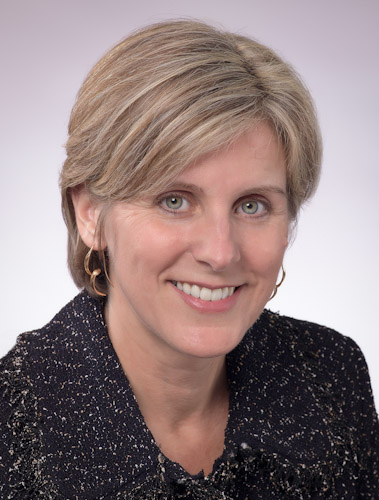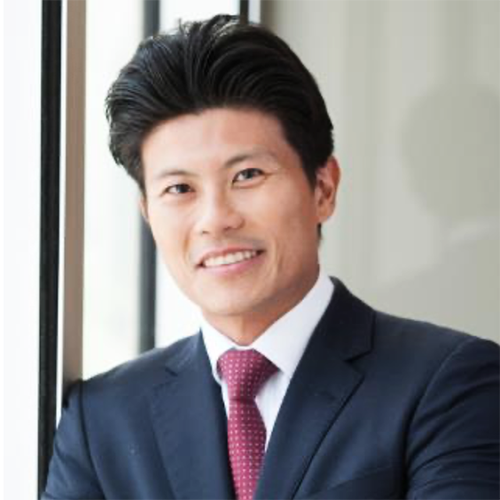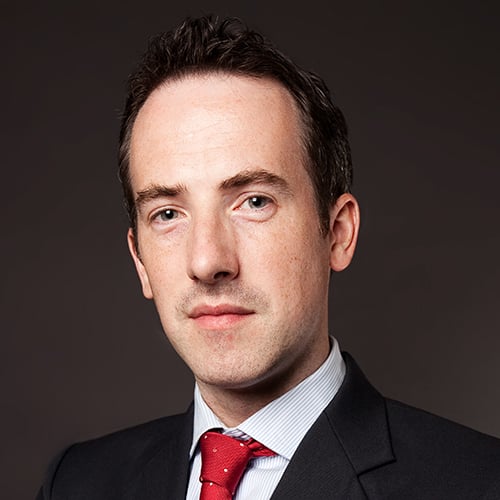
With the humongous amount of capital expected to flow into Belt and Road projects – estimated at US$4-8 trillion over the long term – a very strong and independent oversight body is needed to ensure that corruption doesn’t taint the Belt Road initiative.
Anti-corruption experts agree that a potential model for such an oversight body could be Hong Kong’s Independent Commission Against Corruption (ICAC), a standalone unit within the Hong Kong government which is independent of the civil service. The ICAC reports directly to Hong Kong’s chief executive and uses a three-pronged approach to combating corruption, namely: investigation, prevention, and community education. The ICAC was credited with stamping out rampant corruption from the Hong Kong Police Force back in the 1970s using draconian and invasive methods that proved to be effective. Despite its methods the ICAC enjoyed, and still enjoys, strong public support. To this day ICAC's reputation and methods is credited with suppressing overall corruption in Hong Kong even in the private sector.
Although no oversight body for the Belt Road initiative exists at the moment, there are indications that the Communist Party of China is aware of the high risk of corruption which could potentially creep into Belt Road projects, and has been holding workshops and consultations with foreign experts to discuss the matter.
The Central Commission for Discipline Inspection of the Communist Party of China (CCDI), for example, held a Belt and Road anti-corruption workshop on September 19-20 2017 at the Diaoyutai Guest House in Beijing. The event was attended by 17 Chinese and foreign experts who spoke on topics relating to the Belt Road initiative, including a clean business environment and the role of government, business compliance and the private sector, and international cooperation to fight corruption.
The participants included CCDI deputy secretary Li Shulei, World Bank Group vice-president for integrity Pascale Helene Dubois, as well as other senior officials from the World Bank (WB), International Finance Corporation (IFC), Organization for Economic Cooperation and Development (OECD) and private sector executives and lawyers involved in compliance and investigation.
Although there was scant coverage of the workshop in the foreign media, reports from some local media indicate that the discussions concluded with a recognition among the participants that the Chinese government should collaborate with foreign governments and international entities to guard against corruption in the Belt Road initiative.
“I do think they understand the risks, because if the president has tied his name to the project, and then the project is tainted with corruption, that is obviously going to backfire terribly,” says Alexandra Wrage, president of Trace International, in an interview with The Asset. Trace International is a US-based non-profit anti-bribery business organization and provider of third-party risk management solutions. Wrage also spoke at the Belt Road anti-corruption workshop in Beijing.
“A big part of Belt and Road is China stepping forward onto the international stage, and if it’s tainted with corruption that’s going to be bad. Infrastructure projects are notoriously vulnerable to corruption. These are large infrastructure programmes far from Beijing, far from oversight, and in difficult countries,” says Wrage.
Wrage says that in order to be effective, any oversight body for the Belt Road must be a very independent, empowered team composed of compliance professionals, auditors, and linguists who would challenge various aspects of the infrastructure projects for possible corrupt practices.
“They have to be in a strong position to challenge corrupt practices and with the power to audit. There also has to be a hotline so people with complaints about corruption can call in with their concerns,” Wrage says.
The establishment of an oversight body with the same powers, authority and resources as the ICAC would go a long way towards preventing corruption in Belt Road projects.
“Most of these projects are located in countries which may be vulnerable to corruption. Just knowing that oversight is there can suppress the risk,” Wrage says.
The oversight body must have the power to review the contracts, review the sub-contracts, review the books, and have conversations with the entities involved in the projects.
“They must put some controls in place, requiring everybody on the contract do reputational vetting of all their third-parties, require screening on the companies that are sub-contracting, who owns them, making sure there is no overlapping ownership with government officials,” Wrage says.
The oversight body must be established early, before most of the Belt Road projects come on full stream. The earlier the oversight body is established, the better the chances of preventing a scandal that could taint the overall reputation of the programme.
“What you don’t want to do is look like you’re being apologetic after the fact because there’s been a scandal. The projects are still fairly slow at the moment, but they will start ramping up. You could be using this time – when it’s slower – for lessons learned and case studies. You’re going to reach a point when you’re barely managing all the information that’s coming at you. So, this could be an incredible learning period to prepare everybody for the next 10 years,” Wrage says.









